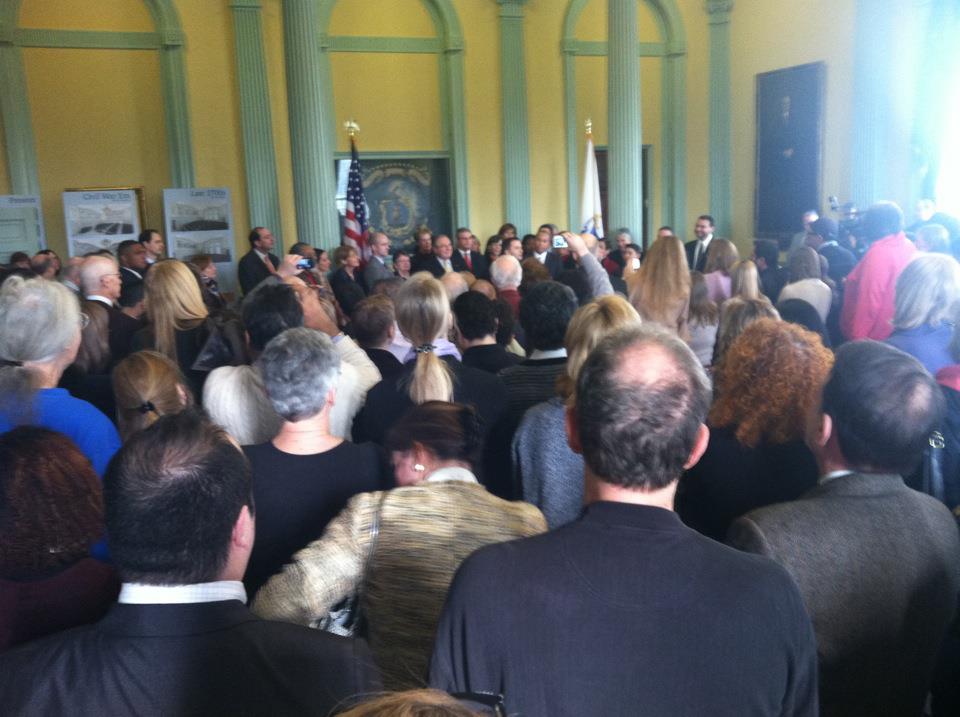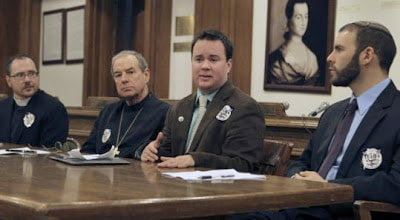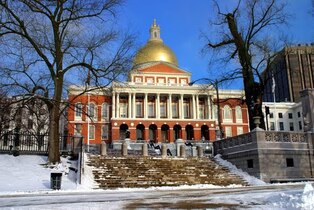We have advocated for opposition to state and federal legislation that harms trans/non-binary children and youth, supported resolutions for equal access to the life of the church for all, from marriage equality to updating the non-discrimination Canons of The Episcopal Church.
We have even been invited to help our beloved Church grow in learning and love through resolutions passed by General Convention, such as 2018-C054, which specified “[t]hat materials to help promote the Guiding Principles of this resolution be developed and curated by the Office of Formation through partnerships with organizations such as Integrity and TransEpiscopal.” Yet most resolutions like this are passed without a budget line attached to them. Without money in the budget, further action, like that called for in 2018, doesn’t often happen—follow up to 2018-C054 included. We hope to change that, but it takes more resources than we have as TransEpiscopal to make it happen.
Another resolution passed by General Convention in 2018, C022, called for dioceses to pass similar legislation at the diocesan level and to advocate for the rights of trans/non-binary people in their state legislatures. But with no budget to fund someone to follow up on whether dioceses actually considered this legislation or not, only four dioceses passed anything following the 2018 General Convention. The Episcopal Church in Connecticut, The Episcopal Diocese of Newark, The Episcopal Diocese of Washington, and The Episcopal Diocese of Chicago—we salute your support!
Diocesan resolutions that refer to trans/non-binary folks at all are few and far between, with only 18 resolutions passed by 11 dioceses since 2004. Two of these resolutions were not meant to be applied immediately at the diocesan level, but were to bring resolutions to General Convention; what would become 2012-D002 (ECCT) and 2018-C022 (DioCal).[1]
It matters that dioceses have something to say about trans/non-binary people, even if it is only that they exist and are already a part of the Body of Christ.
We understand that different parts of The Episcopal Church are at different stages in their journey towards love and acceptance of all people, no matter their race, ethnicity, ability, gender identity, gender expression, sexuality, or other minority status. But we have to start somewhere, and in The Episcopal Church, that often begins in legislation at diocesan conventions. Resolutions passed at conventions express what issues the diocese cares about and are willing to act on. By putting forth resolutions to support trans/non-binary folks in the church and in the wider world, through advocacy at the state and federal level, dioceses can show their support.
If you too are a self-identified Convention Nerd (like me!) or you know that if you speak up, others will listen, we encourage you to submit resolutions to your local convention and then advocate for them![2] If you’re not sure where to start, consider this “choose your own adventure” resolution building tool that includes five issues that TransEpiscopal has identified as good places to start. By making model Resolves and Explanations available, we hope to have lowered the often quite high barrier of where to even begin. This tool will enable dioceses to build resolutions that range from identifying that trans/non-binary people exist in the Church, forming a task force for more research for future legislation (or continuing the work identified!), naming the harm that state legislation that targets trans/non-binary children and youth has done and continues to do, and more.
We are here to help you on the journey, and are grateful to each and every person who walks the way with us, whether trans/non-binary or allies. Thank you.
————--
[1]: From my own research—a lot of Googling and a lot of reading reports of Diocesan Conventions across the 100+ dioceses of TEC and emailing archivists! While I hope I missed a resolution or two, I’m pretty sure I found them all. If I’m missing one, please let me know! If you’d like to see a full list, click here.
[2]: Just because your diocese has passed a resolution in the last 17 years doesn’t mean that there’s not still work to do--there are many ways that trans/non-binary people in the Episcopal Church and the wider world still need support that your diocese’s resolution may not have addressed.




 RSS Feed
RSS Feed